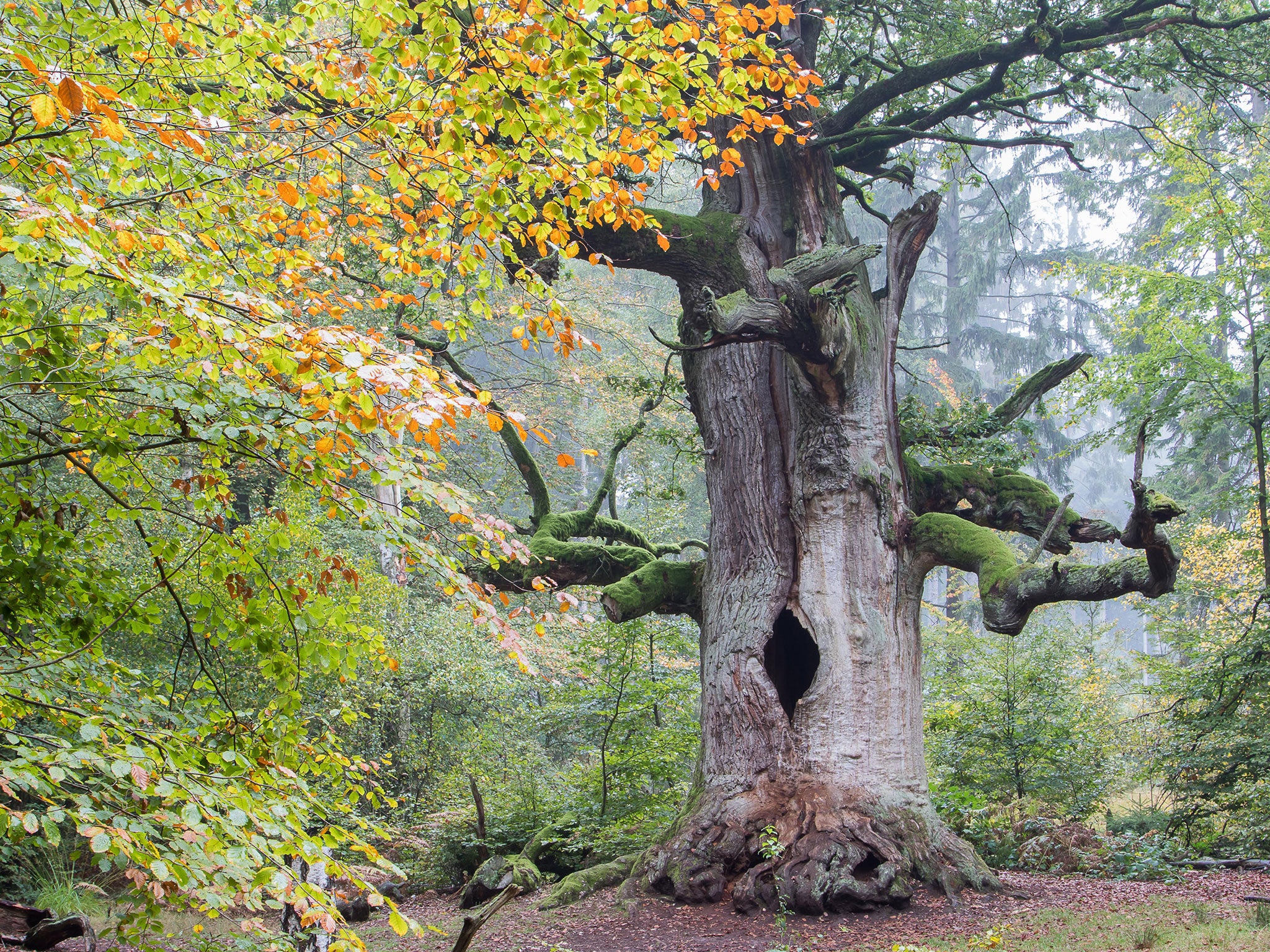Scientists given £1m grant to save English oaks from Dutch elm-style collapse
'It’s a relatively newly emerged disease and we are seriously concerned'

Your support helps us to tell the story
From reproductive rights to climate change to Big Tech, The Independent is on the ground when the story is developing. Whether it's investigating the financials of Elon Musk's pro-Trump PAC or producing our latest documentary, 'The A Word', which shines a light on the American women fighting for reproductive rights, we know how important it is to parse out the facts from the messaging.
At such a critical moment in US history, we need reporters on the ground. Your donation allows us to keep sending journalists to speak to both sides of the story.
The Independent is trusted by Americans across the entire political spectrum. And unlike many other quality news outlets, we choose not to lock Americans out of our reporting and analysis with paywalls. We believe quality journalism should be available to everyone, paid for by those who can afford it.
Your support makes all the difference.The English oak could be virtually wiped out unless scientists can find a way to stop a deadly new disease from spreading throughout the country, scientists have warned.
Researchers have been given a £1m grant by the Department for Environment, Food and Rural Affairs to study the mysterious condition, known as acute oak decline.
Dr Rob Jackson, of Reading University, told The Times newspaper that the tree, one of two species of oaks in the UK, could suffer a fate worse that the English elm, which once dominated the landscape but is now a rare sight after Dutch elm disease took hold in the 1960s.
“It’s a relatively newly emerged disease and we are seriously concerned,” Dr Jackson said.
“Data shows it [acute oak decline] started in the southeast, but is now into Wales and north England. It is spreading rapidly.
“We reckon that if trees get it, within five to ten years they could die. Some may recover. But there’s a potential for it to become a major problem for oak, and to significantly change our landscape.”
The disease, which causes trees to ‘bleed’ black fluid, is thought to be either a recent arrival to Britain or something that has always been here but has taken off in recent years because of climate change or changes to the soil.
Dr Jackson said that unless a cure could be found there was a danger of Dutch elm disease-style collapse – some 25 million elms have been lost since 1967 -- “with the potential for an even bigger impact on Britain”.
The Woodland Trust describes the English oak as “arguably the best known and loved of British native trees”.
“It is the most common tree species in the UK, especially in southern and central British deciduous woods,” it says.
Join our commenting forum
Join thought-provoking conversations, follow other Independent readers and see their replies
Comments